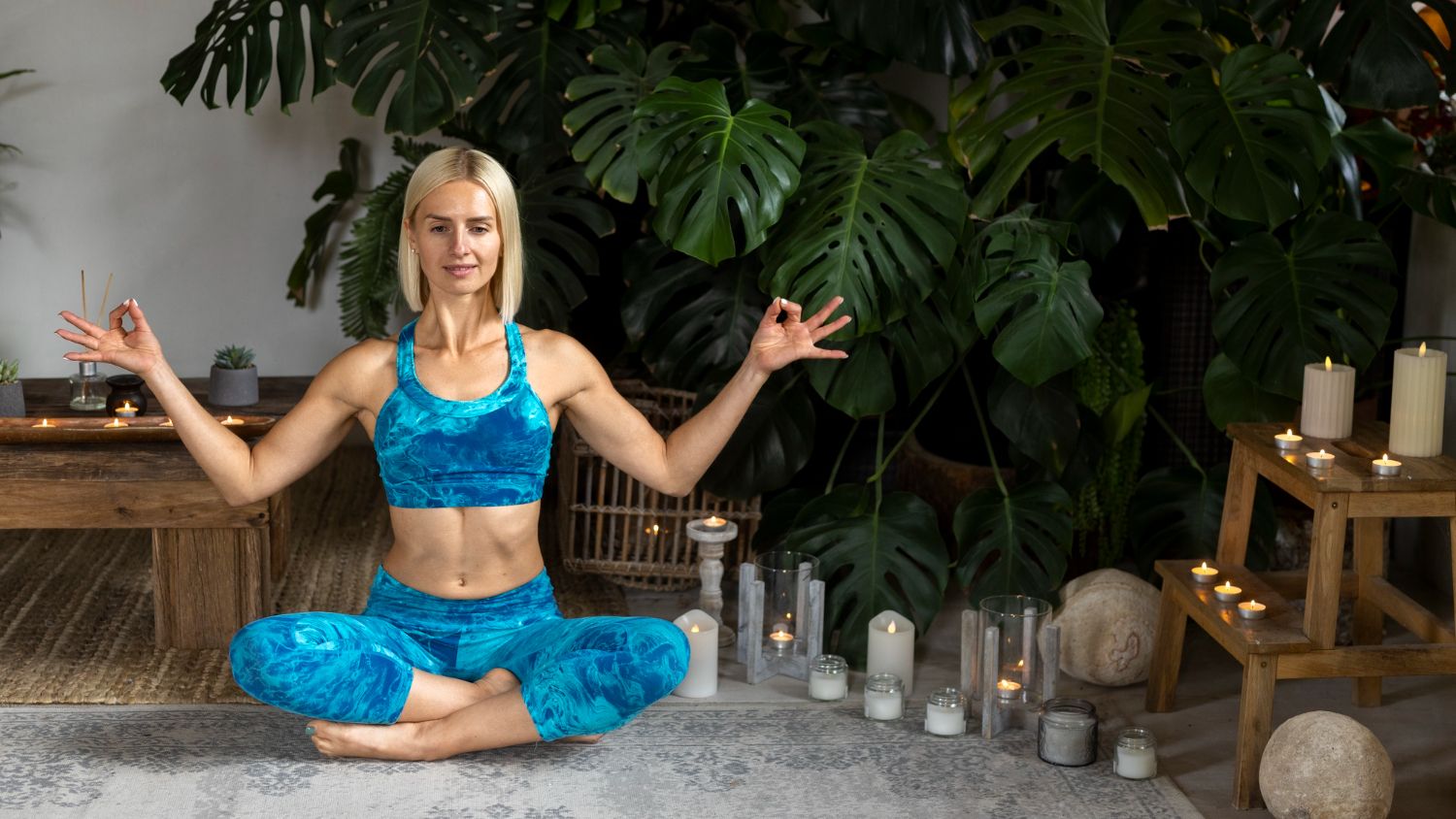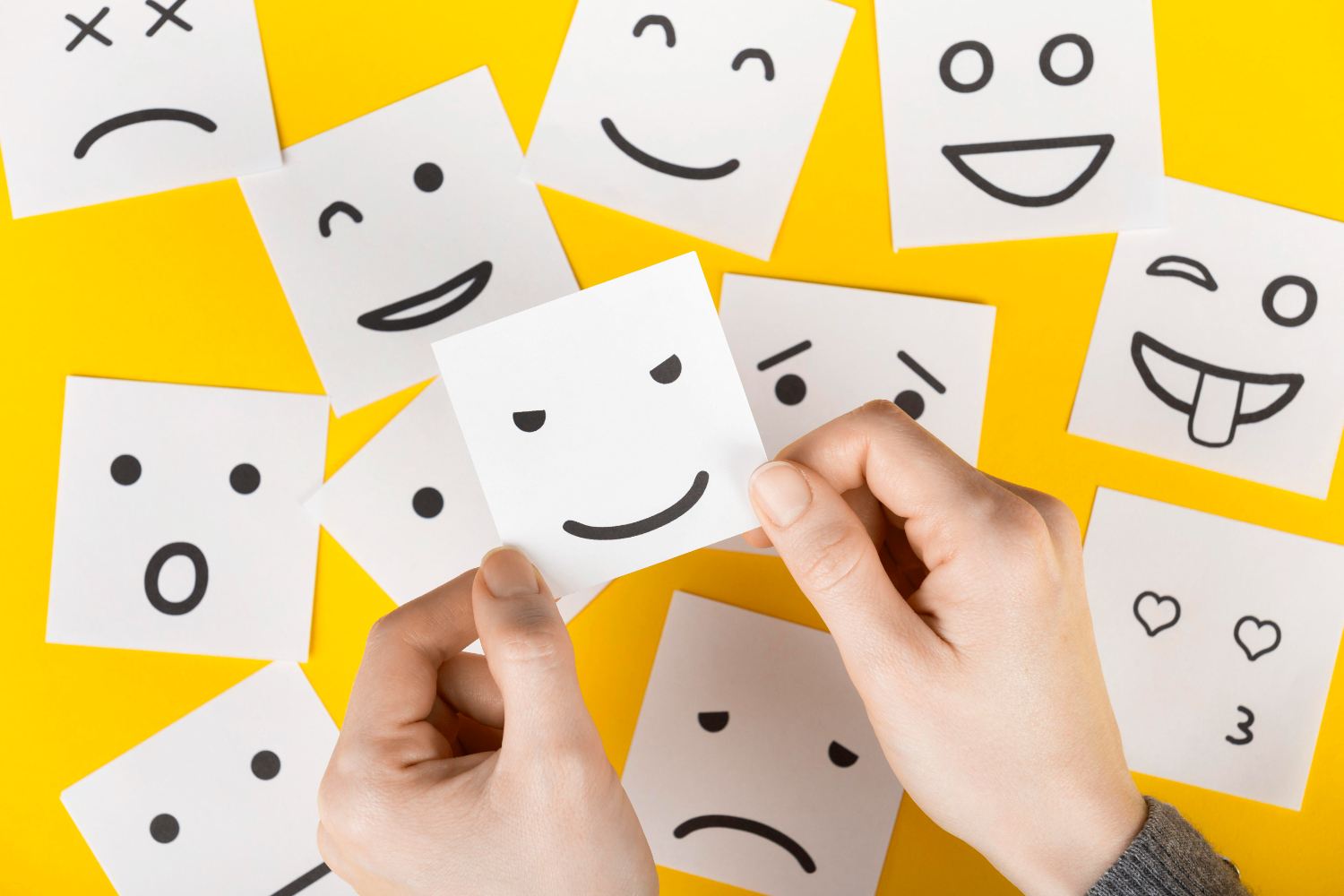Emotional intelligence (EQ) plays a key role in our personal and professional development. The term encompasses the ability to understand, control, and effectively express one's emotions, as well as the ability to recognize the emotions of others and build productive and harmonious relationships...

In a world where the constant pursuit of success, information flow and stress have become an integral part of everyday life, people are increasingly turning to the practice of yoga and meditation. These ancient practices have long gone beyond their eastern roots and are now becoming an integral part of the lives of people around the world. What is their strength and how do they help us find harmony in the modern rhythm of life?
Why is it important to seek harmony?
Modern man faces many challenges. The rapid development of technology, the demands on productivity, the constant need to stay connected and solve many tasks at the same time – all this creates tension both physically and emotionally. Fatigue, anxiety, insomnia, and trouble concentrating are just a few of the possible consequences that can occur when there is no inner balance.
Harmony is a state when the body, mind and soul are in unity. This allows us to cope with the challenges of life with less loss to health and emotional well-being. To achieve this state, yoga and meditation can be important tools.
Yoga: the path to physical and mental harmony
Yoga is not just a physical practice. It is a philosophy that encompasses not only the body, but also the mind as well as the spirit. Yoga classes are aimed at developing flexibility, strength, endurance, as well as improving awareness of one's body and breathing.
One of the main principles of yoga is to pay attention to every movement, every inhalation and exhalation. This allows you to calm your mind, free it from constant thoughts, and focus on the present moment. Yoga helps not only to improve physical fitness, but also to learn to relax, let go of stress and tension, which is especially important in the conditions of modern life.
Meditation: The Key to Inner Peace
Meditation is a practice aimed at concentrating attention and achieving a deep state of peace and awareness. Unlike yoga, where movement and breathing play an important role, meditation is based on working with the mind. It helps to stop the flow of thoughts, clear your mind of unnecessary things and focus on the current moment.
Meditation can be both active and passive. For example, mindfulness techniques involve observing your breathing, what's going on in your body, or your thoughts, without judgment. Meditation can help reduce stress, increase concentration, and improve emotional well-being.
The Influence of Yoga and Meditation on Modern Man
How exactly can these practices help in today's world? The benefits of yoga and meditation can hardly be overestimated.
- Stress reduction: Yoga and meditation help regulate levels of cortisol, the stress hormone that is produced in the body in response to stressful situations. Regular practice helps to cope with anxiety and emotional load, which is necessary in the conditions of modern life.
- Improved physical health: Practicing yoga helps improve flexibility, endurance, and strengthen muscles. This is especially important for people who lead a sedentary lifestyle. Yoga also improves the functioning of the heart, respiratory system and digestion.
- Mindfulness: Meditation helps you develop the ability to be in the present moment without worrying about the past or the future. This improves overall psycho-emotional stability and helps to cope with everyday difficulties.
- Strengthening psycho-emotional health: Regular yoga and meditation classes help reduce anxiety, depression and emotional stress. These practices teach you to let go of negative emotions, worries and resentments, contributing to an overall sense of satisfaction from life.
How to start practicing yoga and meditation?
- Find a suitable location. For yoga and meditation, it is important to choose a quiet place where you will not be distracted. It can be a corner in your home, a park, or even a special studio.
- Start small. There is no need to immediately immerse yourself in long and complex practices. Start with short sessions, gradually increasing the time. For example, 5-10 minutes of meditation or morning asanas are a great start.
- Be patient. Don't expect instant results. These practices take time and effort. Over time, you will begin to notice improvements in both your physical and psycho-emotional state.
- Regularity. In order to feel the real benefits of yoga and meditation, it is important to make them a regular part of your life. Even small sessions a few times a week can lead to significant improvements.
Conclusion
In today's world full of stress and fast pacing, it's important to find ways to harmonize your life. Yoga and meditation are practices that help not only to improve physical health, but also to find inner balance, calmness and awareness. They provide an opportunity to stop and feel connected to yourself, which makes it possible to cope with any difficulties in life with greater ease and wisdom.


